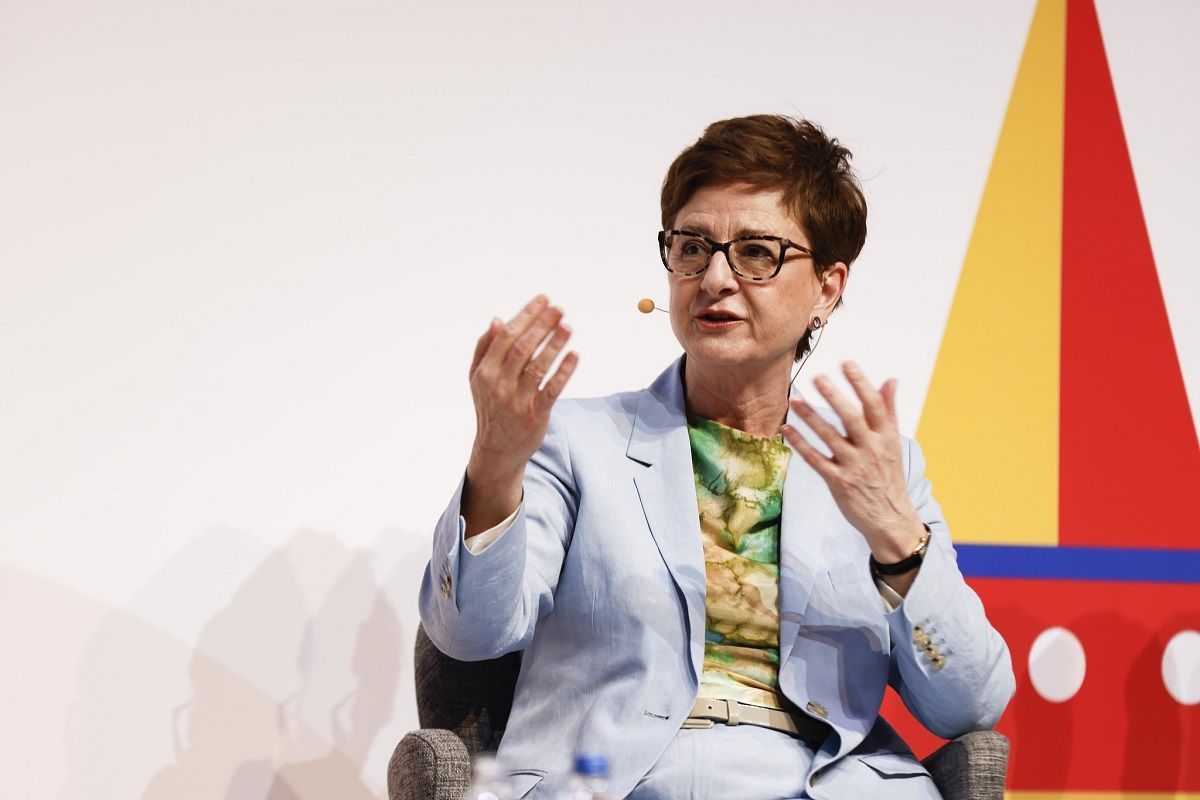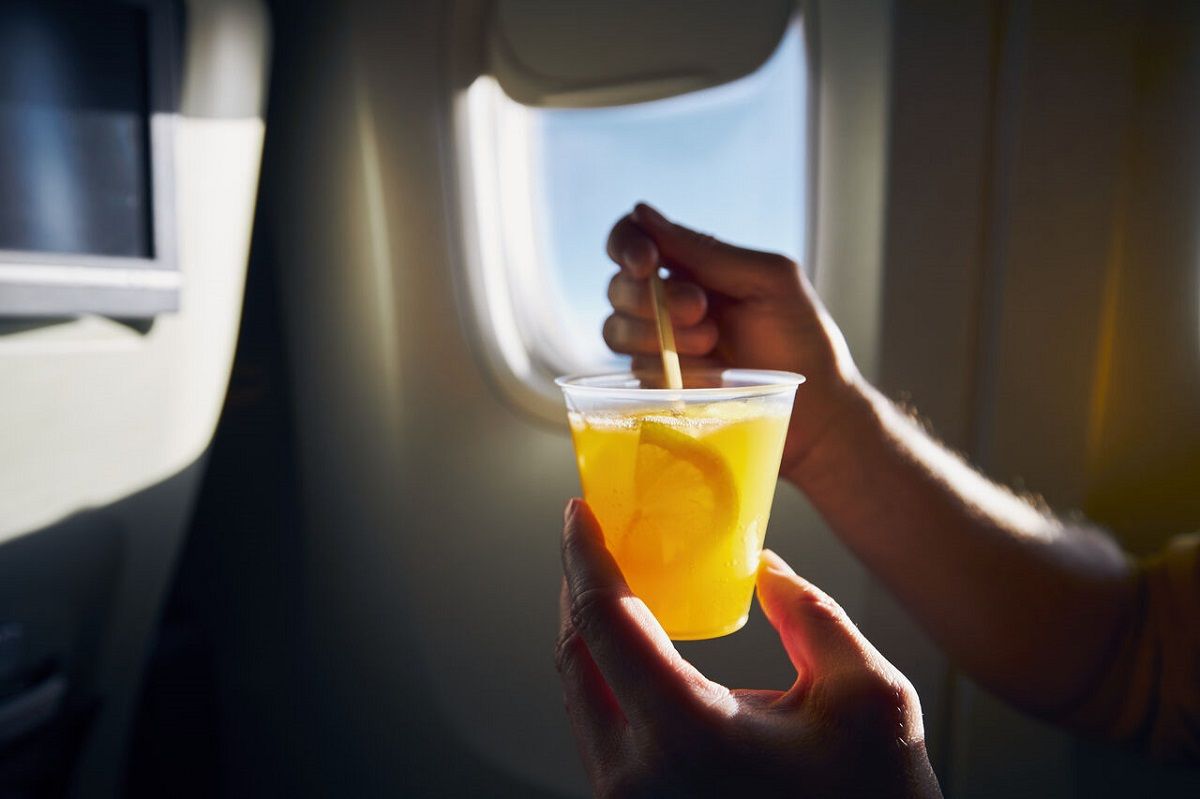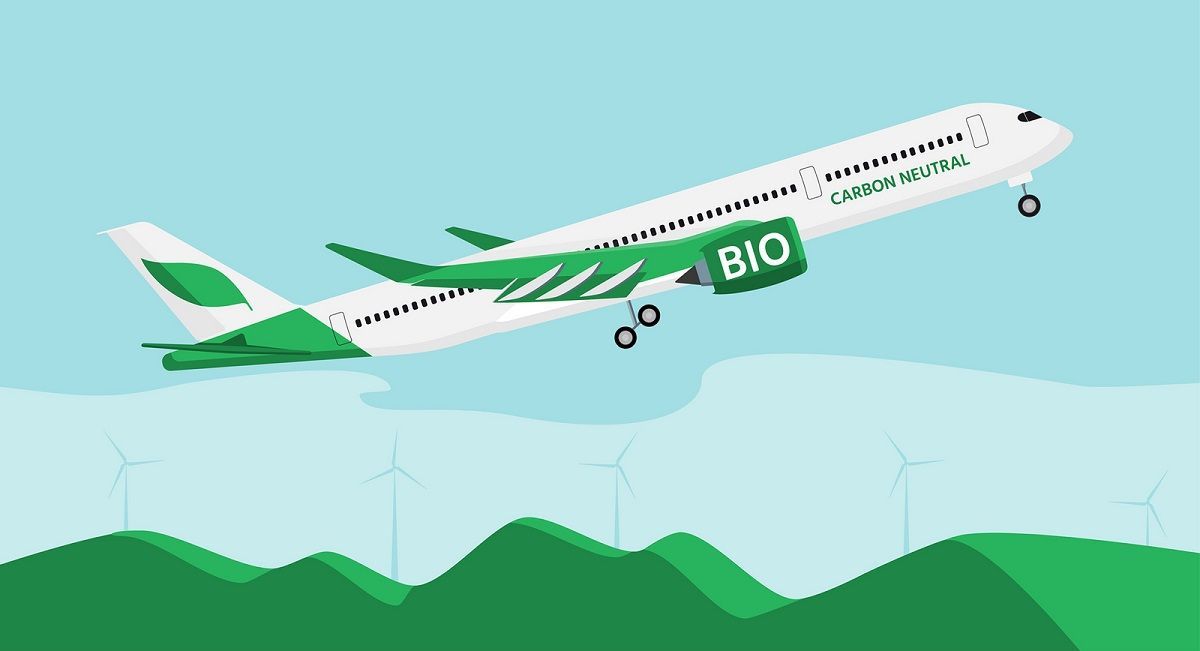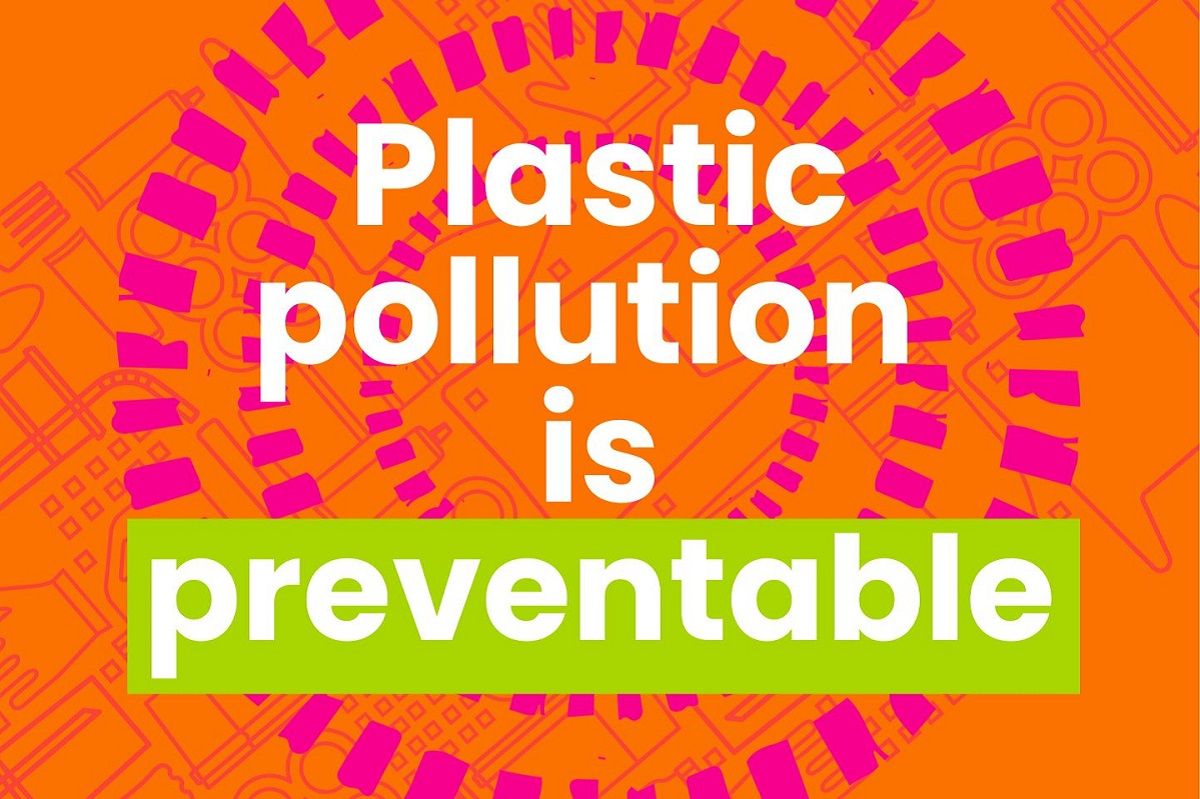UN and Aviation Industry Commit to Reducing Single Use Plastics
The United Nations Environment Program (UNEP) and the International Air Transport Association (IATA) have joined forces to accelerate the industry’s green transition including doing away with single use plastics (SUPP).
In this direction, IATA and UNEP signed a memorandum of understanding (MoU) aligned with the UN 2030 Agenda for Sustainable Development. The agreement will help airlines move even faster on improving the sustainability of the aircraft cabin. However, IATA underlines the importance of a harmonized global regulatory framework to enable airlines to implement more comprehensive and common circular economic solutions in all markets.
Additionally, the partnership also foresees knowledge sharing, guidance and networking in other key sustainability challenges including sustainable aviation fuel (SAF), sustainable finance, climate adaptation, biodiversity conservation including preventing wildlife trafficking and sustainable tourism.
IATA notes that the complex and asymmetrical regulatory environment hinders the implementation of potential solutions.
“In the absence of a global approach, differing regulations at both ends of a journey severely limit the actions that airlines can take,” said IATA.
In view of the differences, IATA is calling for a simplified and harmonized regulatory framework that will enable a reduction in plastic utilization and greater reuse, and recycling of cabin waste, including plastics, where they are needed.
IATA and UNEP are currently working on joint guidance on Re-thinking Plastics in Aviation, which aims to provide an overview of regulations, guidance on SUPP replacement, and recommended best practices for both industry and regulators.
Reducing single use plastics products and improving the circularity in the use of plastics by the industry is the initial focus of the partnership as UNEP leads global efforts to develop an international legally binding instrument on plastic pollution, including in the marine environment, by the end of 2024.
“Formalizing IATA’s longstanding collaboration with UNEP will help airlines move even faster on improving the sustainability of the aircraft cabin. It’s critical that we achieve a harmonized global regulatory framework to enable airlines to implement more comprehensive and common circular economic solutions in all markets,” said Marie Owens Thomsen, IATA SVP Sustainability and Chief Economist.

Marie Owens Thomsen, Senior VP Sustainability & Chief Economist, IATA. Photo source: Natalia Mroz / IATA.
“Currently our hands are tied with outdated regulations focused on incineration rather than reuse and recycling. Modernizing that will be a big step forward for sustainability,” she adds.
More than 400 million tons of plastic are produced every year, half of which designed to be used once. Nine percent of that is recycled.
“The aviation industry can also help by raising awareness among passengers and staff, and ensure that all stakeholders of the aviation value chain are engaged, and most importantly act in a joined-up way to end plastic pollution,” said Sheila Aggarwal-Khan, director of UNEP’s Industry and Economy Division.







